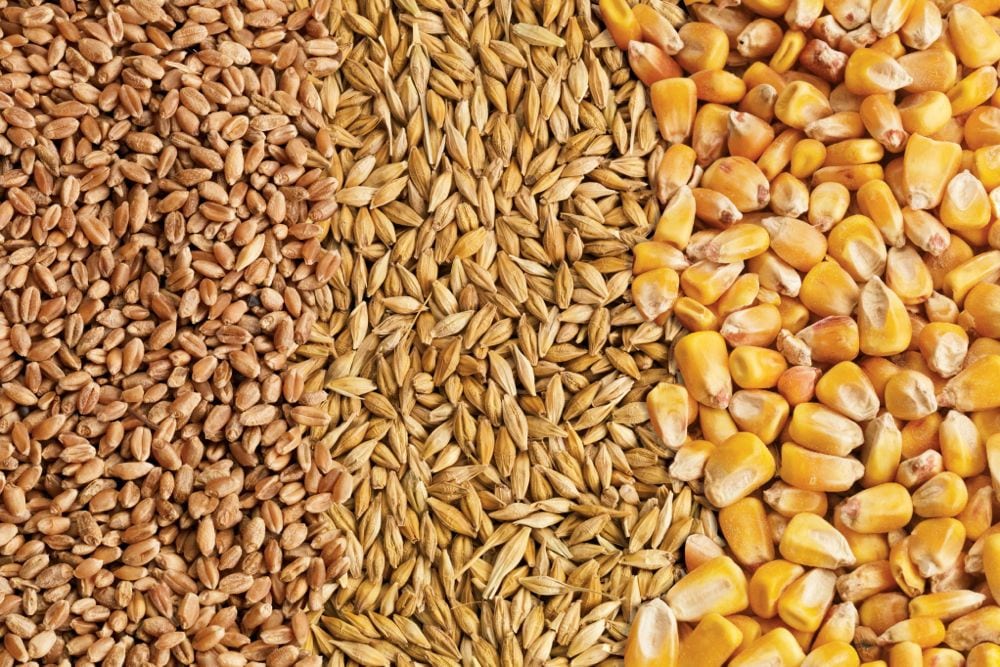A Regina company making biodiesel from canola has connected with a Chinese agrifood firm to consider even more canola crushing capacity on the Prairies.
Clean Power Concepts, which through its General Bio Energy arm runs a canola crush plant and biodiesel refinery in east-central Regina, on Friday announced a memo of understanding with China’s Chonqing Grain Group for a feasibility study toward a possible joint-venture crush plant that would process 600,000 tonnes of canola per year into oil for the food market.
By comparison, Richardson International’s new canola crushing facility at Yorkton, Sask., has a capacity of about 840,000 tonnes per year, while the new Louis Dreyfus/Mitsui joint venture, also at Yorkton, is built to handle 850,000.
Read Also

Feed Grains Weekly: More consideration being given to U.S. corn
There’s beginning to be a shift within the Canadian Prairie feed market towards importing United States corn, said Darcy Haley, vice-president of Ag Value Brokers in Lethbridge.
Clean Power, whose Regina facility can handle about 50,000 tonnes of canola annually, said in late December it had signed a letter of intent with Chongqing to supply crude canola oil to the Chinese firm.
But the memorandum announced Friday commits Chonqing to be the joint venture’s majority owner and to buy all oil output from the plant, which the partners propose to build at a still-undecided location in Western Canada.
Clean Power Concepts, meanwhile, would design, build and manage the facility.
“Our partners in China have immediate demand for the planned capacity of the new canola plant,” Clean Power Concepts CEO Mike Shenher said in Friday’s release.
“The site, while not yet selected, will be situated close to railway transportation transit points available in Western Canada to ensure logistical efficiency.”














